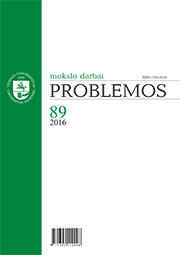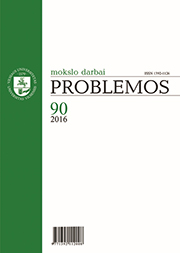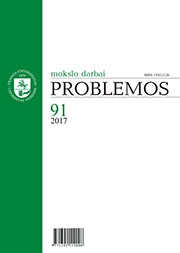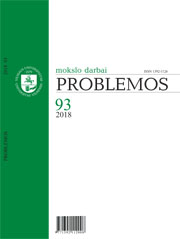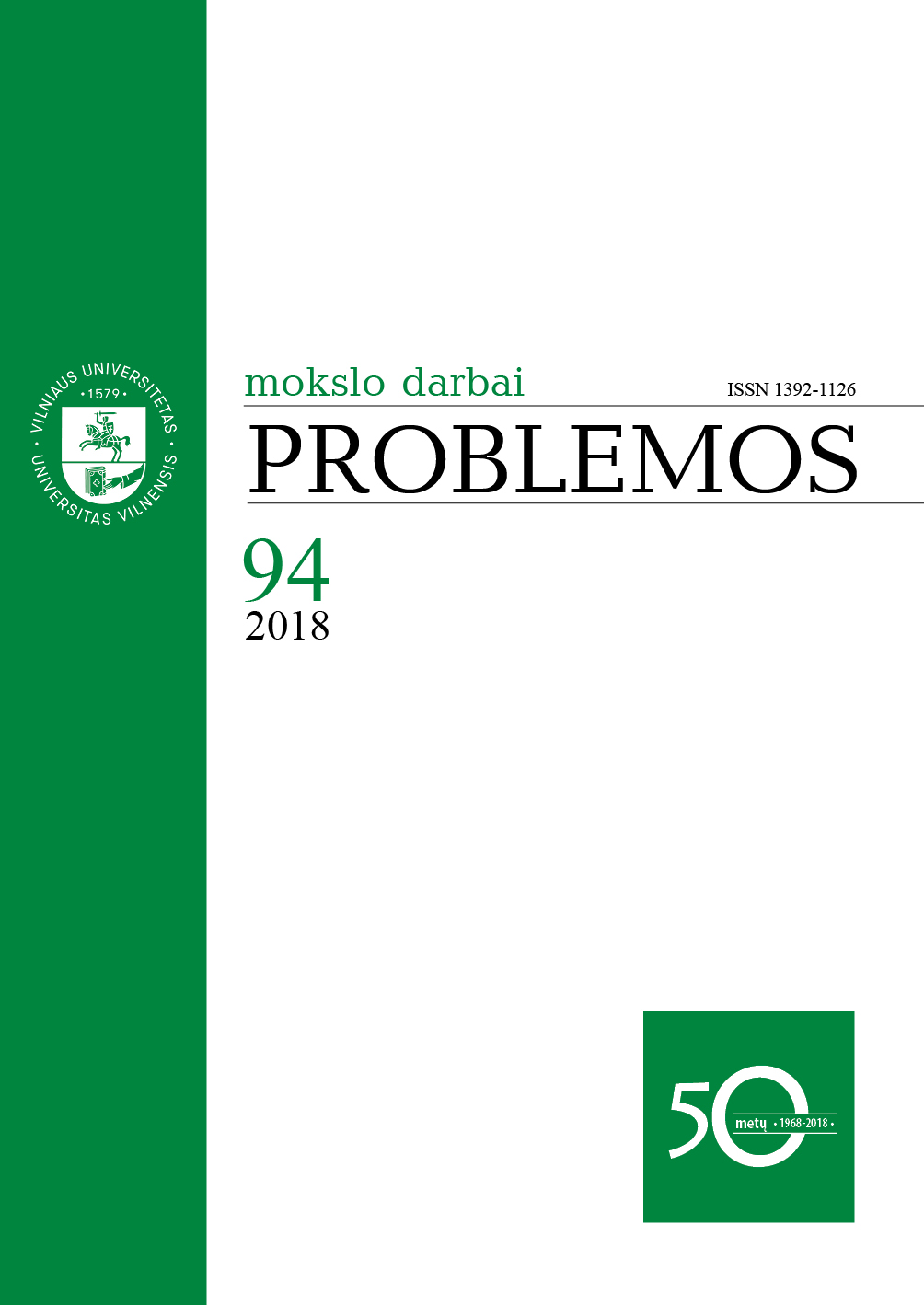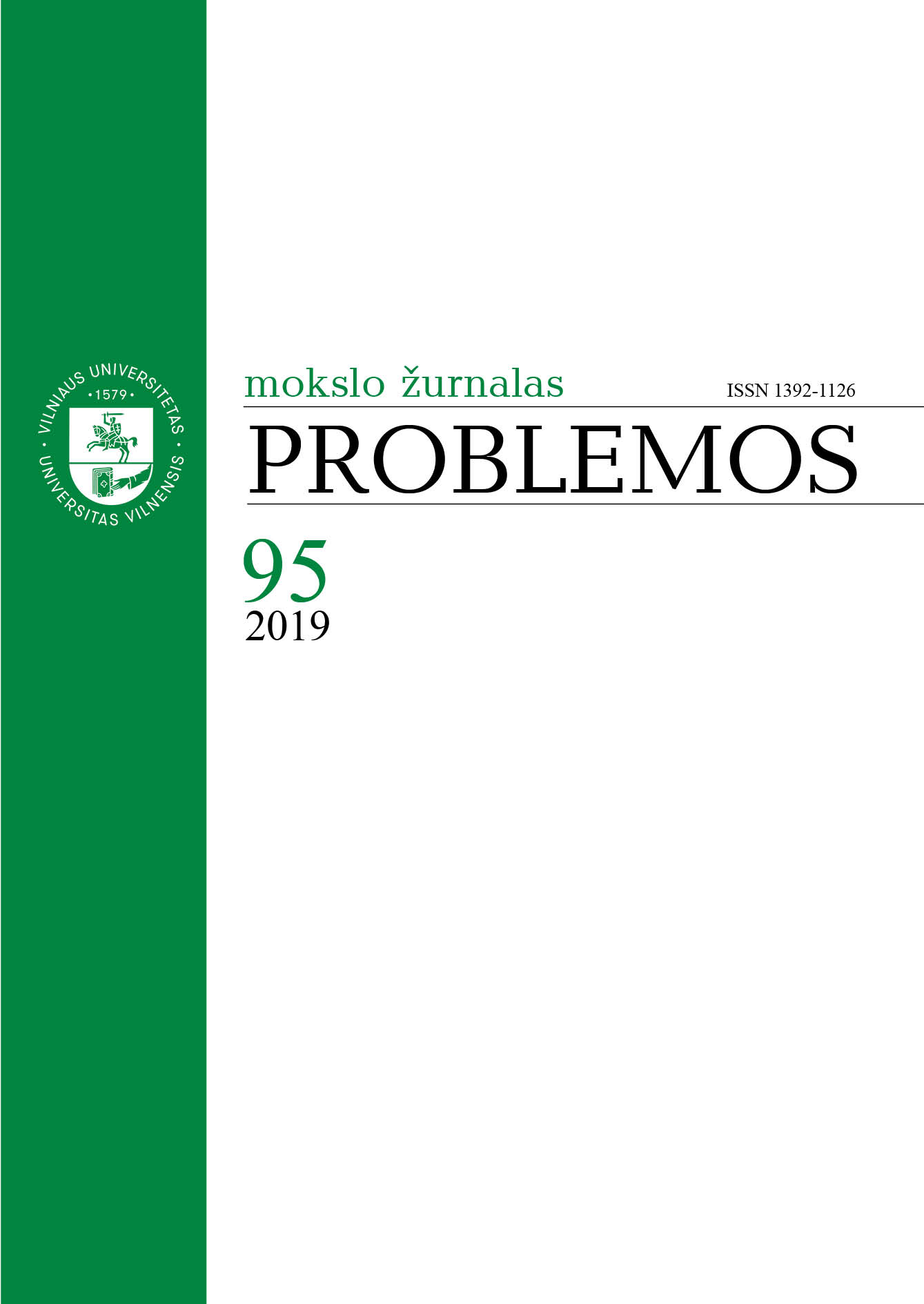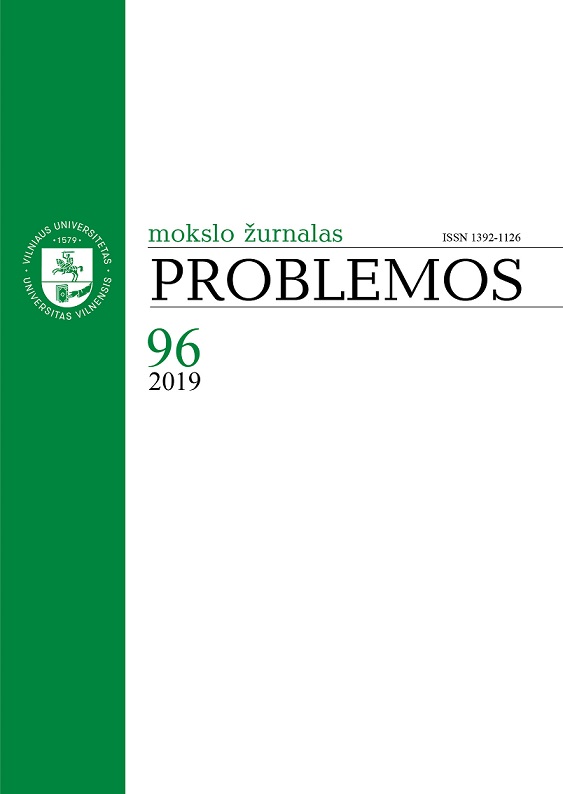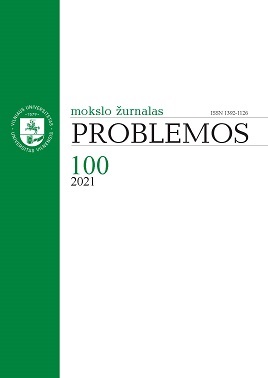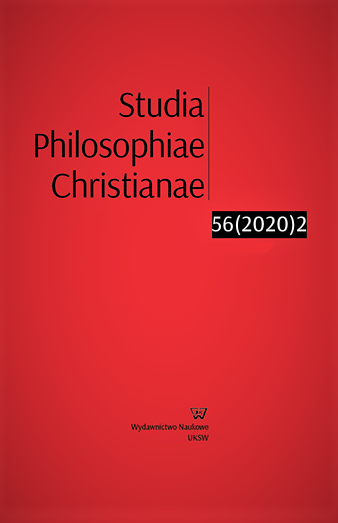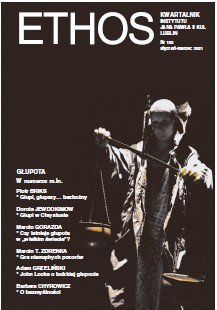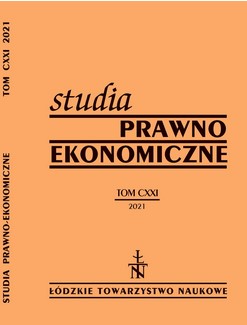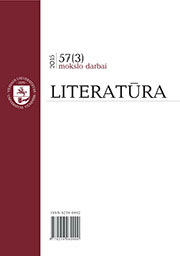
KAS YRA TIKRASIS SENEKOS LAIŠKŲ LUCILIJUI ADRESATAS?
Senecaʼs Moral Letters to Lucilius and Dialogues are the earliest surviving works of the ancient Stoics. Even though Seneca’s Moral Letters to Lucilius has attracted a great deal of scholarly attention, there is however disagreement in academia about to whom Seneca’s Moral Letters to Lucilius was actually addressed. For instance, some scholars (e. g., D. Dilytė, P. Grimal, etc.) argue that Lucilius was a real person and that the letters are real, whereas others (e. g., B. Inwood, M. T. Griffin etc.) claim that Lucilius is a literary character and consequently Senecaʼs Letters is literary fiction. Exploring various primary and secondary sources, this paper investigates the disagreement concerning the addressee in Seneca’s Moral Letters to Lucilius. The paper discusses both theories and analyses the influence of the ancient epistolary genre on Seneca’s writings. Moreover, in order to validate one of the theories, the author explores the Roman philosopher’s background, ideas of Stoicism, and the context and period during which the work was written.
More...
